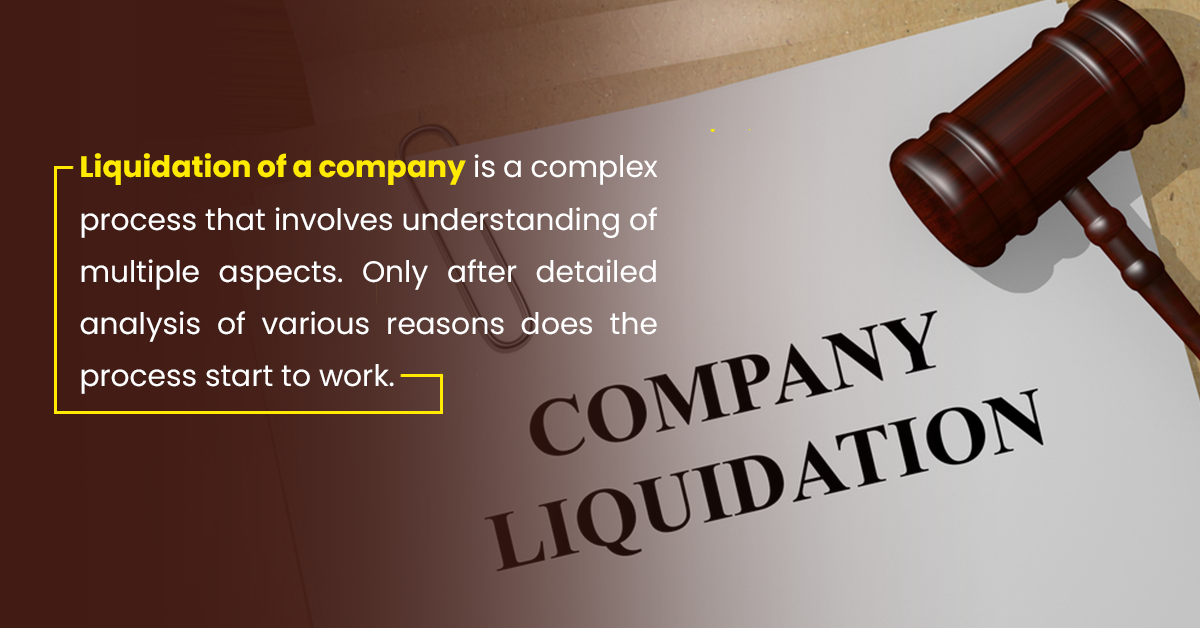Liquidation, which is the winding up of a business, can be voluntary or involuntary. It is done in terms of the Insolvency Act (Chapter 6:07), “the Insolvency Act” or “the Act”. In this article I consider voluntary liquidation of solvent companies.
Section 10 of the Insolvency Act regulates voluntary liquidation of a solvent company. A solvent company is one that is not financially distressed.
According to section 10 (1) a solvent company that is not an external company or foreign company in terms of the Companies and Other Business Entities Act (Chapter 24:31) or “the COBE Act”, or a solvent private business corporation (“PBC”), may be liquidated voluntarily if the company or corporation has adopted a special resolution to be liquidated as a voluntary liquidation by its members.
According to section 10 (2), the resolution must be filed with the Registrar of Companies who must immediately after its registration transmit a copy thereof to the Master of the High Court.
The filing of a liquidation resolution must comply with the procedures set down from time to time by the Registrar of Companies. According to section 10 (8), a voluntary liquidation of a company or PBC by its members commences when the special resolution has been filed in terms of section 10 (2).
In terms of section 10 (6), the nomination of a liquidator in terms of an adopted liquidation resolution in terms of this section (Section 10) is of no force and effect and the Master must appoint a liquidator in accordance with the provisions of the Act.
A liquidator appointed in a voluntary liquidation by members may exercise all powers given by the Insolvency Act to a liquidator:
Without requiring specific order or sanction of the Court.
Subject to any directions given by the shareholders of the company in a general meeting or by the members of a PBC.
According to section 10 (9), despite any provision to the contrary in a Company’s Memorandum of Incorporation, Articles of Association, or Shareholders agreement or in the founding statement of a PBC:
The company or PBC remains a juristic person and retains all of its powers as such while it is being liquidated voluntarily.
However, from the commencement of the company or PBC’s liquidation:
Also read: Pregnant Woman Surprises Married Boyfriend with Midnight Call to Wife
It must stop carrying on its business except to the extent required for the beneficial liquidation of the company or PBC, or
All of the powers of the company’s directors or members of the PBC, cease, except to the extent specifically authorised by the liquidator or the shareholders or members in a general meeting.
Liquidation of an insolvent company or PBC may be voluntary or involuntary. A solvent company or PBC may be liquidated through a special resolution of its shareholders or members. It is important to fully understand the formalities required by the Insolvency Act to avoid a legal nullity or fatal non-compliance.
This simplified article is for general information purposes only and does not constitute the writer’s professional advice.
Godknows (GK) Hofisi, LLB(UNISA), B.Acc(UZ), Hons B.Compt (UNISA), CA(Z), MBA(EBS, Heriot-Watt, UK) is the Managing Partner of Hofisi & Partners Commercial Attorneys, chartered accountant, insolvency practitioner, registered tax accountant and advises on deal and transactions. He has extensive experience from industry and commerce and is a former World Bank staffer in the Resource Management Unit. He writes in his personal capacity. He can be contacted on +263 772 246 900 or ghofisi@hofisilaw.com or gohofisi@gmail.com
For comments, Feedback and Opinions do get in touch with our editor on WhatsApp: +27 82 836 5828

For comments, Feedback and Opinions do get in touch with our editor on WhatsApp: +44 7949 297606.


